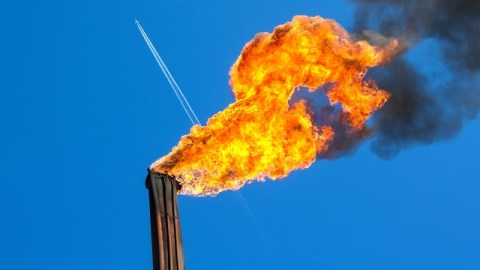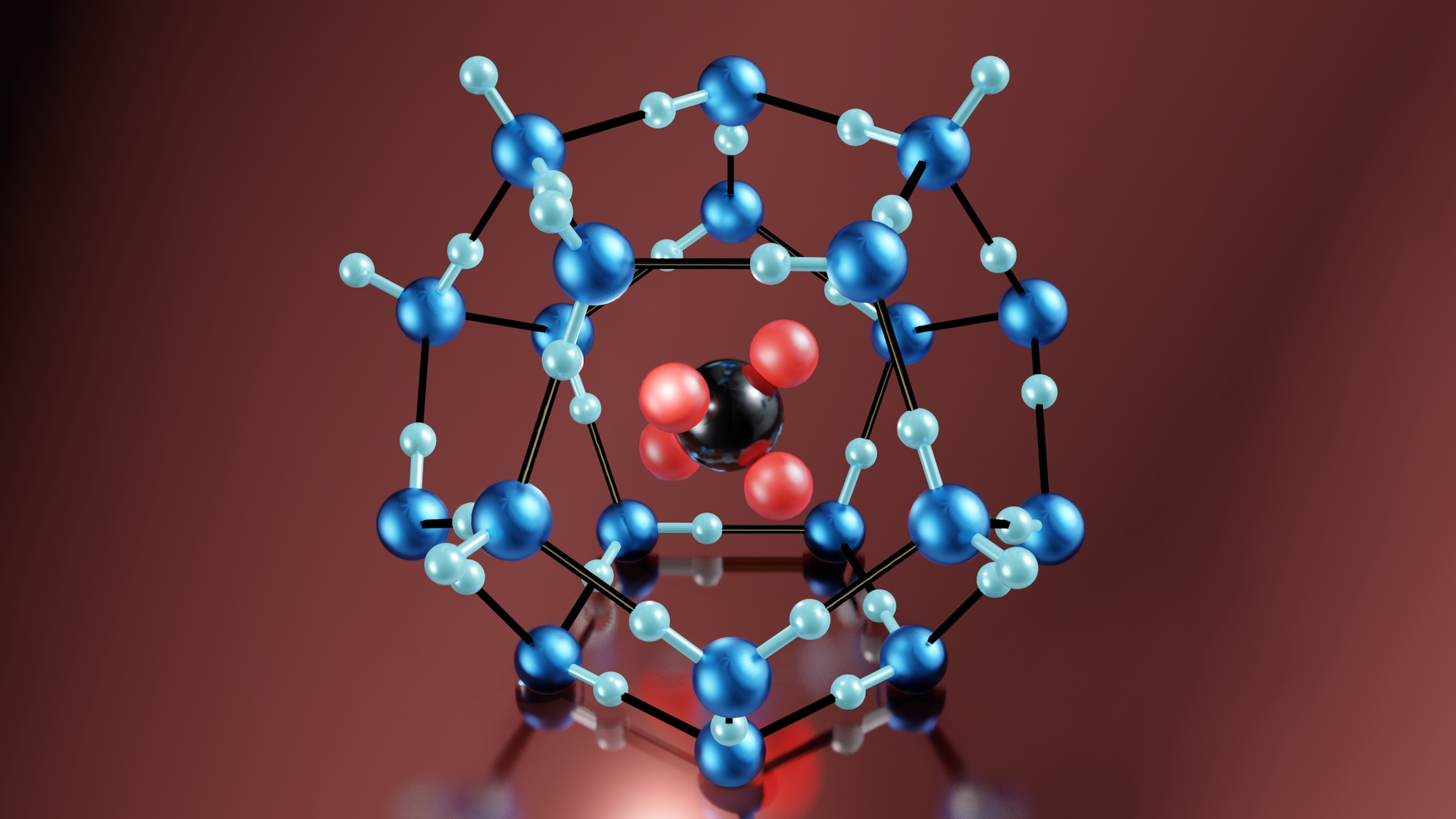Japan’s Undersea Gas Extraction Could Be A Game-Changer

What’s the Latest Development?
On Tuesday Japan announced that it had successfully extracted natural gas from methane hydrate deposits located about 300 meters below the floor of the Pacific Ocean. A drilling ship had been in the location — 80 kilometers south of the Atsumi Peninsula — since January, working in an area of the ocean that was about 1,000 meters deep. A spokesperson for the Japan Oil, Gas, and Metals National Corporation (JOGMEC) said that they will continue the extraction for another two weeks before determining exactly how much gas was produced.
What’s the Big Idea?
Methane hydrate deposits are thought to contain more carbon than all of the Earth’s other fossil fuels combined. Although gas has been successfully extracted from onshore deposits, the vast majority are located underwater, which makes Japan’s achievement a possibly major energy game-changer. Although experts are warning about continued testing and monitoring of the method’s possible effects on the environment, the fact that gas was extracted is a step forward, says trade minister Toshimitsu Motegi: “[S]hale gas was [once] considered technologically difficult to extract but is now produced on a large scale.”
Photo Credit: Shutterstock.com




